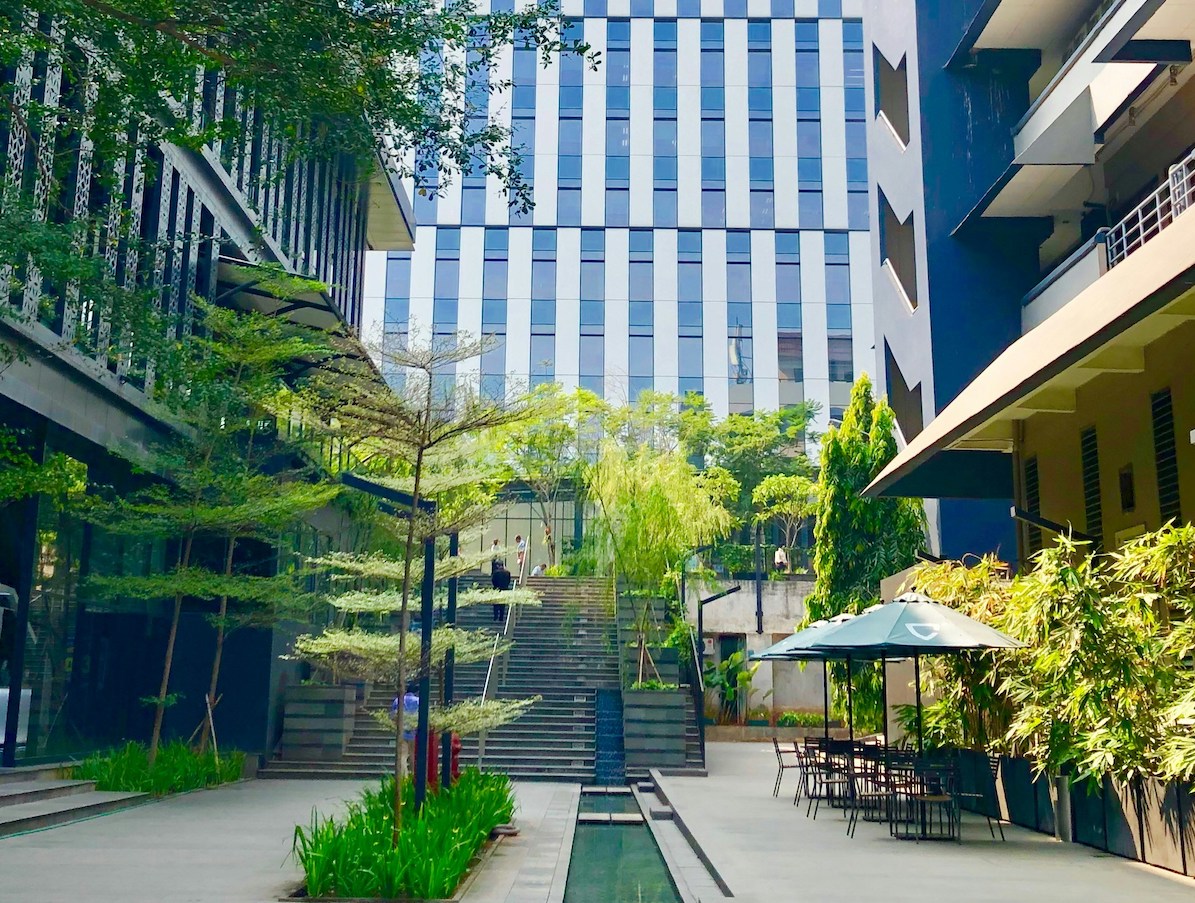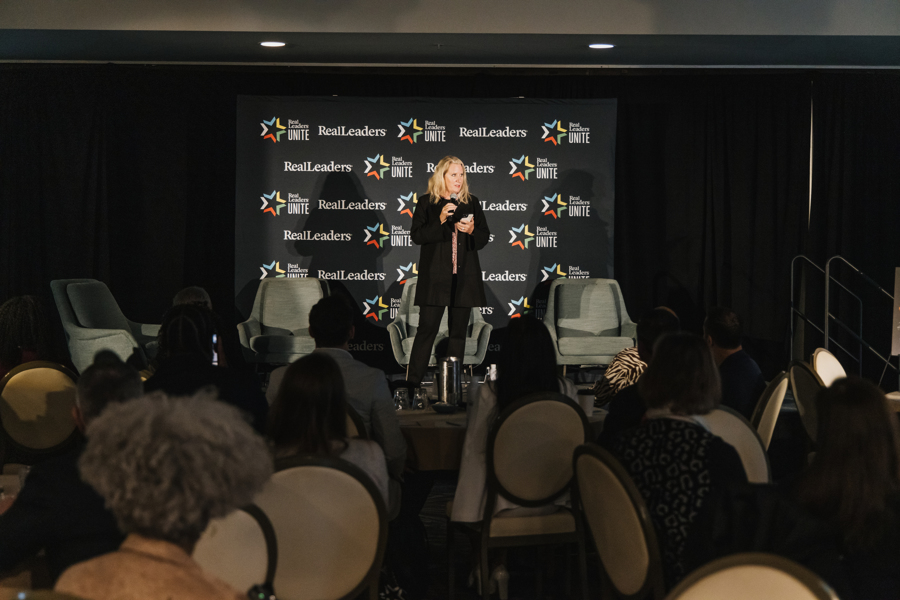Leaders’ work lives have become a whirlwind of daily demands — packed schedules, urgent meetings, pressing deadlines, and grinding out as much productivity as possible.
Notifications and other interruptions fracture their attention further, undermining the ability to advance their most vital efforts. While these obligations will always have a place, leaders can be more intentional about designing schedules that advance their most important work. Here are seven practices grounded leaders use to shape their lives.
1. Think bigger.
To-do lists and urgent demands narrow a leader’s focus resulting in days consumed with less significant tasks and smaller outcomes. Establish a weekly ritual to counteract this tendency by reconnecting with your most meaningful and valuable aspirations. With this improved vantage point, you will see more valuable actions and find the resolve to counter the forces that attempt to undermine better choices.
2. Think smaller.
Escaping ingrained patterns requires better choices. Don’t fall into the trap of making too many changes at once. Commit to one behavioral change that will meaningfully impact your life. It’s easy to forget that small changes create the momentum that leads to big, enduring shifts.
3. Unproductive patterns.
Escaping unproductive work patterns is no easy task. Review how you invested your time during the prior week. Where did you fulfill your intentions? Where were you blown off course (external forces)? Where did you wander (internal resistance)? Design a countermeasure to break one of your unproductive patterns in the week ahead.
4. Leverage boundaries.
You can expect to face 50–60 unplanned interruptions per day. Achieving anything of significance requires focused attention. Design your week to include protections that fence you off from people and devices. With protections from external distractions in place, you can more readily focus on advancing your most meaningful priorities.
5. Blank canvas.
Each week offers an unlimited number of ways to invest your time. Taking back control involves consciously designing days that enliven you versus unconsciously reacting to the whirlwind around you (an ongoing design challenge). Design time for health, fun, family, and friends — not just work. As importantly, be sure to design space for recovery and doing nothing at all.
6. Concentrated effort.
Your most significant work is a function of uninterrupted time and the focus you bring. Arrive committed to applying focused effort, or you will sabotage your protected time with less demanding, superficial work that you perceive as more pressing. Become skilled in resisting these diversions.
7. Daily escapes.
The design you envision for your day will come under attack. Rather than succumbing to forces that could undermine your intentions, imagine and enact escape paths. It takes just one second to switch from a less effective choice to a better one.
The power to manifest a professional life filled with greater meaning and impact comes down to the quality of your imagination and choices. Little by little, your weekly adjustments in thought and effort, stacked one atop the other, can create dramatic breakthroughs in the quality of your outcomes and work experience.










































